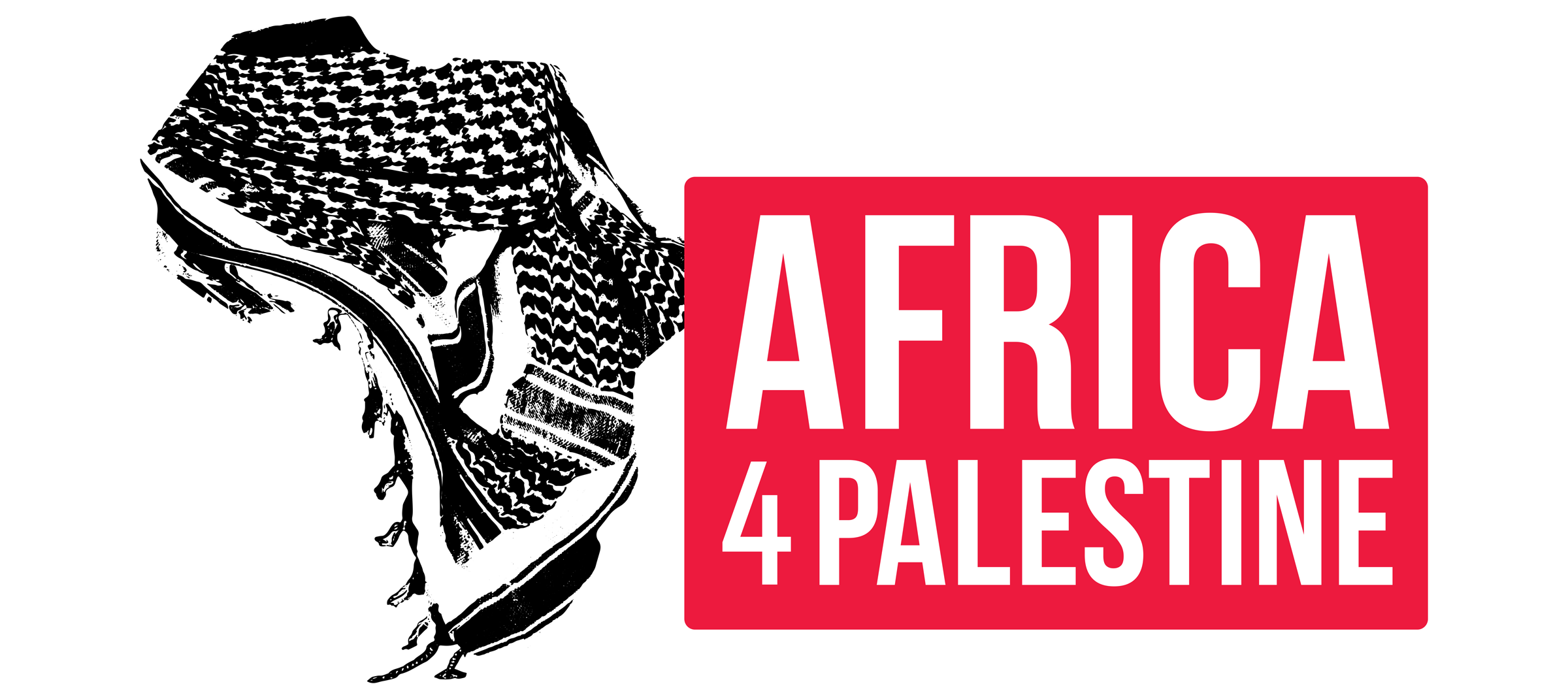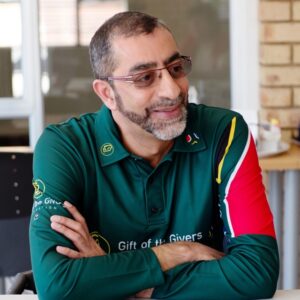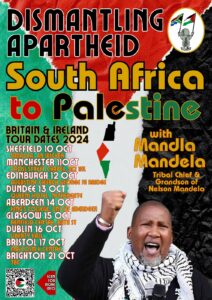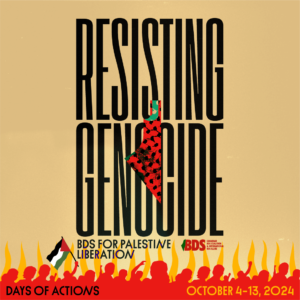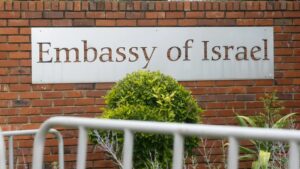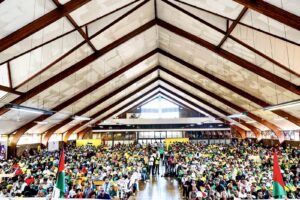The decisions taken on international relations at this week’s ANC conference are important for the country, for as long as the ANC remains the ruling party, its foreign policy is supposed to be informed by the decisions taken by its branches at its national elective conference.If the ANC wins the 2019 elections, the decisions taken this weekend will serve to guide and inform the country’s foreign policy for years into the future.
Two international issues have evoked strong emotions of late which have gripped the body politic. Both concern countries which South Africa believes are maintaining an illegal occupation – Israel over the Palestinian territories and Morocco over Western Sahara. The ANC and the government have maintained strong solidarity with the Palestinians and the Sahrawis, and used international forums to argue for their liberation. Recent developments in both the Holy Land and Morocco have presented policy dilemmas.
Morocco sought to gain membership of the AU in August this year, despite the fact that it had shunned the continental organisation due to its recognition of Sahrawi Arab Democratic Republic (SADR). It is alleged that South Africa was against Morocco’s membership of the AU, but accepted the outcome of the AU vote in the hope that it might force a resolution of the Sahrawi issue. Morocco saw the move as a way in which to get African states on its side through promises of aid, trade and investment.
Morocco presents South Africa with a more complicated policy challenge.
In the lead up to the EU-AU Summit in Abidjan last month, Morocco had threatened not to attend if the SADR was going to be present. As it turned out, the Moroccan king had allegedly been misled by his diplomats about the extent of support for the SADR within the AU and Morocco had overplayed its hand. South Africa’s position was that it would not attend without the participation of the SADR.
President Jacob Zuma, wanting the summit to be a success, met the king, which led to certain niceties about the possibility of strengthening relations between the two countries.
Therein lies the conundrum.
Morocco will probably strengthen diplomatic ties by sending an ambassador to South Africa and seek greater trade and investment opportunities between the two countries. But the reality is that it has no intention of going ahead with its promised referendum for the people of Western Sahara on self-determination.
South Africa and the ANC have never deviated from the position that this is the last colonial outpost on the continent and needs to be liberated.
What the ANC will probably discuss is what steps need to be taken, given that Morocco has shown no willingness to adhere to the UN resolution calling for a plebiscite on self-determination.
The party will need to decide whether to welcome strengthening relations with the Kingdom of Morocco. This will determine the trajectory of relations between the two countries for the short to medium term.
As for the Israeli-Palestinian conflict, the ANC and the government are faced with a similar conundrum, albeit in a different context.
The Israeli government is looking to strengthen relations with the African continent and bilateral relations with South Africa, increasing trade and investment opportunities.
But on the other side is an escalating Boycott, Divestment, Sanctions (BDS) campaign within South African civil society. It opposes any such relations given the deteriorating situation on the ground for the Palestinians and Israel’s failure to abide by UN resolutions calling for it to end its occupation of the Palestinian territories and withdraw to the 1967 borders.
Last week’s development, where the US violated international law and ignored all UN resolutions by recognising Jerusalem as Israel’s capital and announced its embassy would be moved to Jerusalem, have heightened calls within South Africa’s civil society to reduce or break diplomatic ties with Israel.
The unilateral move of the US, which has been opposed by leaders worldwide, has added to the growing calls to downgrade or close South Africa’s embassy in Tel Aviv. Turkey has also threatened to break off diplomatic ties with Israel, calling the US’s recognition of Jerusalem as the capital of Israel “a red line”.
With violence taking over the streets of the occupied territories as Palestinians resist the perceived new assault on their rights, South Africa is left weighing its options. The ANC will probably have a robust discussion on the issue. Whatever it decides will determine the position the government will take for at least the next five years.
* Ebrahim is Independent Media’s foreign editor.
Click here for more
